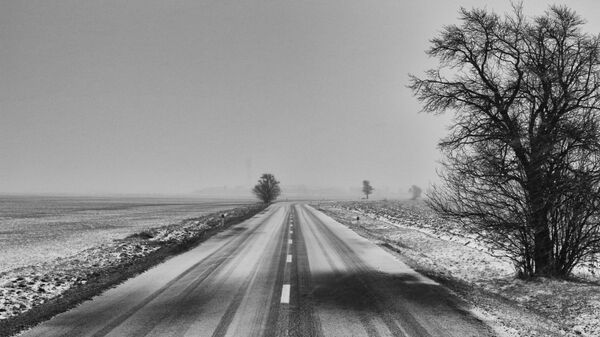Steinmeier was responding to a frantic two days that began with Sweden gaining permission from Brussels for exemption from the Schengen borderless zone agreement to re-impose photo ID checks on rail, bus and boat passengers crossing between Denmark and Sweden. The move marks the first time in 65 years that checks have been made on such movement between Copenhagen and Malmö.
Denmark reacted by establishing controls on its border with Germany in an attempt to prevent a build-up of refugees moving from Germany towards Sweden and being stopped at the Danish side of the border.
Steinmeier told Germany's Bild newspaper that he believed the right to freedom of movement of people was "perhaps Europe's greatest achievement." When asked by the paper if the future of the Schengen zone was in danger, he replied, "I hope not, but I can see the risk."
Denmark imposed border control with Sweden marking the first time that this has happened since the Treaty of Helsinki signed 53 years ago
— Peter Sutherland (@PDSutherlandUN) January 4, 2016
He called on EU countries to "join forces to find European solutions to the refugee flow, while at the same time protecting our European external borders effectively."
Open Doors
His comments have a ring of irony about them, since it was German Chancellor Angela Merkel who was widely criticized for opening the floodgates to refugees by declaring her country's doors open to them, triggering a huge mass movement of people.
Trending in EU: Schengen area — situation map https://t.co/9ilfMqZhTt pic.twitter.com/VSZitrcLme
— EU Travels (@fop2014) January 4, 2016
Steinmeier's remarks were later reiterated by German foreign ministry spokesman Martin Schaefer who told reporters: "Freedom of movement is an important principle — one of the biggest achievements (in the European Union) in recent years. Schengen is very important but it is in danger."
Latest Eurobarometer — even in the UK, large majority in favour of EU free movement https://t.co/AwoVRK8f5C pic.twitter.com/uMDUkYZgay
— Claudia Chwalisz (@ClaudiaChwalisz) January 5, 2016
Over a million refugees — mainly from Syria, Afghanistan and Iraq — have moved into mainland Europe in the last year, plunging the EU into the worst refugee crisis since the Second World War.



